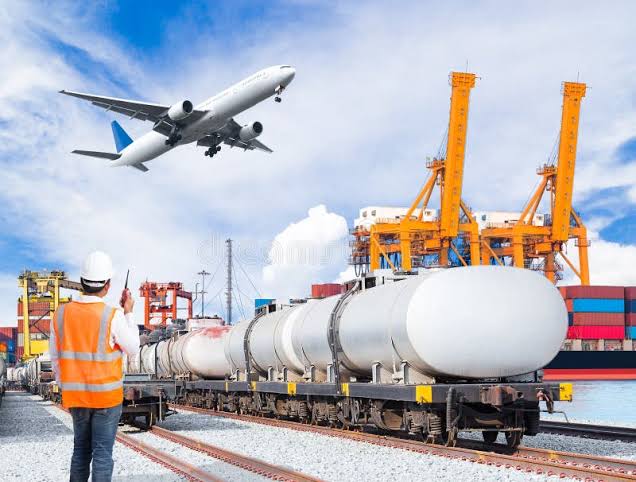The Federal Government of Nigeria has announced the suspension of a planned 15 percent Value Added Tax (VAT) on imported Premium Motor Spirit (PMS) and Automotive Gas Oil (AGO), commonly known as petrol and diesel. This decision was communicated by the Nigerian Midstream and Downstream Petroleum Regulatory Authority (NMDPRA) through its Director of Public Affairs, George Ene-Ita. The rationale behind the suspension is to stabilize domestic fuel supply and prevent price hikes in the downstream sector.
Ene-Ita reassured the public that there is sufficient petroleum supply from local refineries and importers, indicating that current stock levels do not necessitate fears of scarcity or price increases. As such, the implementation of the previously approved 15 percent import duty on PMS and diesel, which was set to take effect on November 21, 2025, has been put on hold.
However, this move has faced backlash from the Ogun State Chamber of Commerce, Industry, Mines and Agriculture (OGUNCCIMA). The organization argues that suspending the import duty could hinder Nigeria’s progress towards energy self-sufficiency and diminish investor confidence in the refining sector. OGUNCCIMA President Lion Niyi Oshiyemi criticized the suspension as a setback for economic reforms and a lost opportunity to support local refiners, including significant projects like the Dangote Refinery.
Oshiyemi emphasized that the 15 percent fuel import tariff was intended to promote local refining, conserve foreign exchange, and create a competitive environment for domestic producers. He warned that the reversal of this policy could send negative signals to investors who are interested in Nigeria’s energy sector. He called on the Federal Government to rethink its decision and engage with stakeholders to ensure a consistent policy direction, which is crucial for attracting and maintaining private investment.
While acknowledging the government’s concerns about potential short-term price increases, Oshiyemi argued that the long-term benefits—including job creation, foreign exchange savings, and enhanced energy security—far outweigh any temporary challenges. He stressed that sustainable industrial growth relies on stable policy frameworks, noting that frequent changes in policy can deter private sector involvement and impede long-term development.

